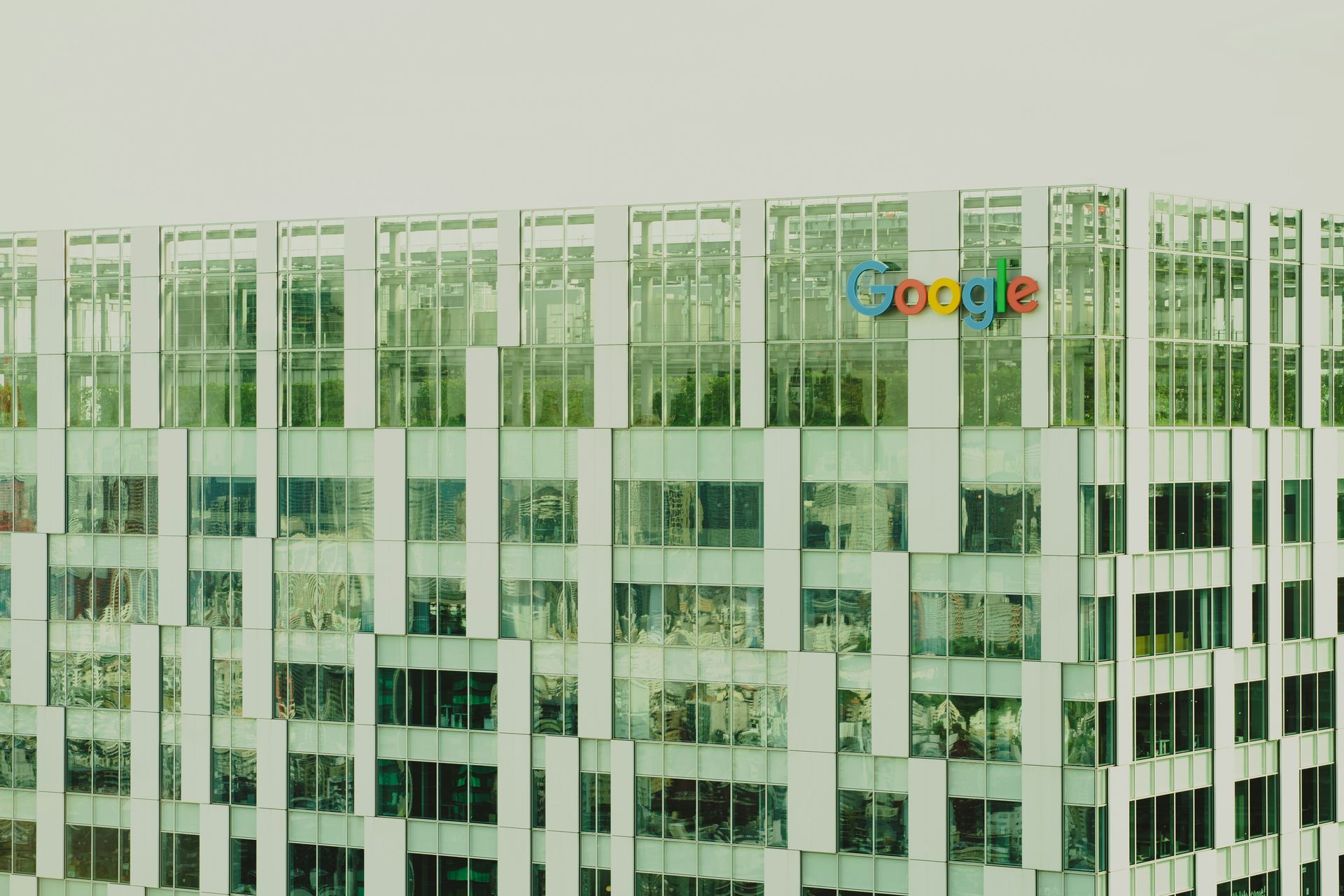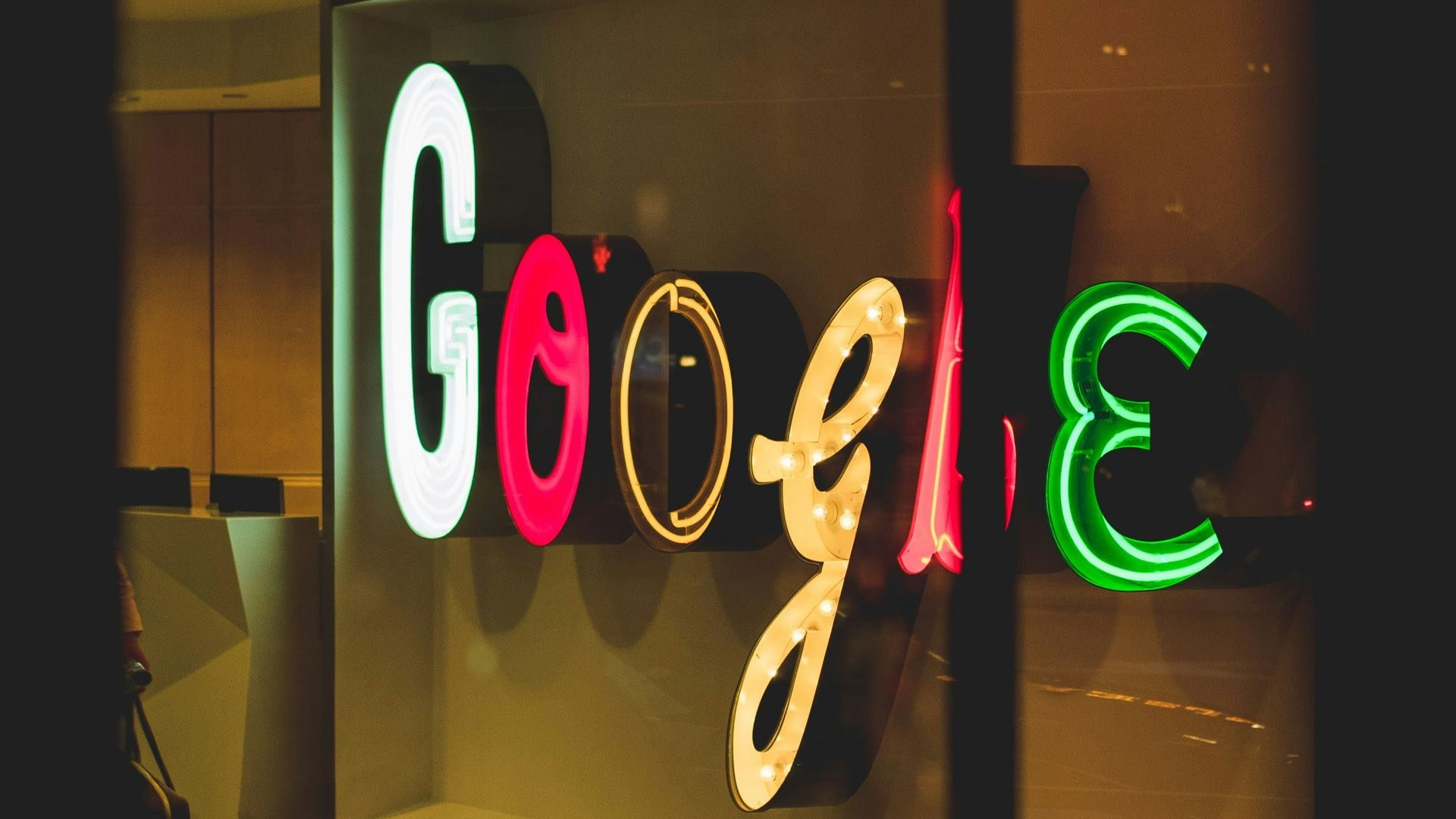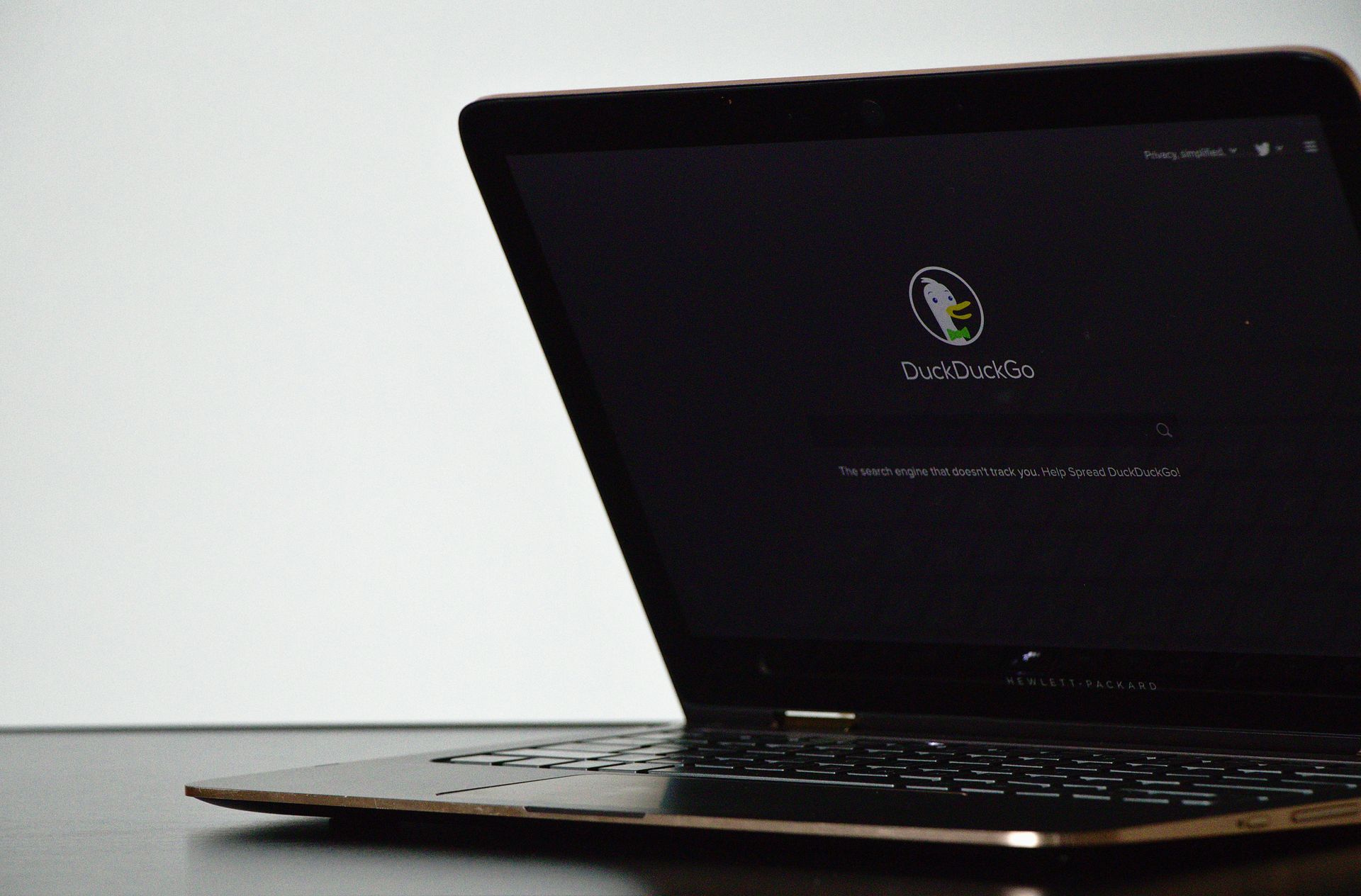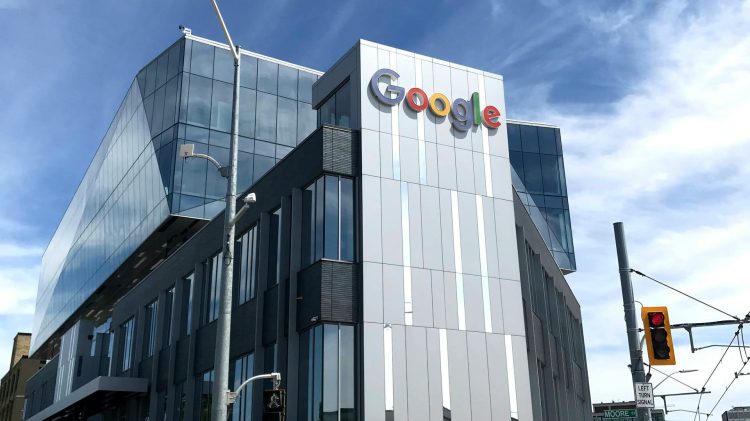The Google antitrust wars have reached a boiling point and a federal judge has issued an important ruling. The court concluded that Google violated US antitrust laws by creating a monopoly in the search and advertising markets. The ruling marks a pivotal point in the antitrust scrutiny facing tech giants.
Judge Amit Mehta’s decision represents a major victory for the Department of Justice (DOJ), which accused Google of illegally monopolizing the online search market. Mehta agreed with the DOJ that Google has a monopoly in “general search services” and “general search text advertising.” However, he did not accept all of the government’s arguments, rejecting the claim that Google holds monopoly power in one specific part of the ads market.

Google antitrust as effective as search engine
This initial finding focuses on Google‘s liability, leaving questions about the future of its business. The next phase of proceedings will determine potential remedies, which could range from mandates to stop certain practices to a possible breakup of Google’s search business. Google plans to appeal the ruling, as stated by Kent Walker, Google’s president of global affairs.
The Google antitrust debate has been going on for years, but this ruling has reached a tipping point. The Justice Department argued that Google’s contracts with phone and browser makers like Apple were exclusionary and contributed to its monopolistic position. Judge Mehta noted that these contracts discouraged companies like Apple from launching their search engines, thus perpetuating Google’s dominance.

The ruling draws parallels to the US v. Google case, where similar exclusionary practices were scrutinized. Google’s actions, according to Mehta, are exclusionary because they stifle competition, even if such actions might not be deemed exclusionary for a smaller player. The durability of Google’s monopoly in general search is highlighted by its market share, which grew from 80% in 2009 to 90% by 2020. Mehta noted that Bing, its closest competitor, holds less than 6% of the market.
Mehta stressed that even the largest businesses in the US have no viable alternative to Google. Fortune 500 companies continue to rely on Google because the financial implications of changing their default public search engine (GSEs) can be frightening.
The implications of the Google antitrust ruling
The Google antitrust ruling has far-reaching implications for the tech industry. Beyond the search market, Mehta addressed Google’s monopoly in search text advertising, noting that exclusive agreements allowed Google to raise prices without competitive constraints. While Google argued that its search text ad prices have decreased when adjusted for quality, Mehta found this evidence weak and indicative of higher-priced auctions primarily aimed at driving long-term revenues.

Google avoided sanctions for failing to preserve chat messages relevant to the case, though Mehta warned that such leniency might not be granted in future cases. This decision is the first in a series of tech monopoly cases brought by the US government in recent years, with Amazon, Apple, and Meta also facing similar lawsuits. Google’s next antitrust trial, set for September, will focus on its digital advertising technology.
Google antitrust issues extend beyond the US, with similar battles being fought in the EU and other regions. DuckDuckGo, whose CEO testified against Google, praised the ruling but acknowledged that the fight is far from over. The company emphasized the need for continued vigilance to ensure that Google changes its conduct and provides more options for consumers.

Google’s response and future outlook
Kent Walker said that Google will continue to focus on creating useful and easy-to-use products. Google antitrust struggles are far from over, and the company is gearing up for a lengthy legal battle. In response to the ruling, Google plans to appeal, arguing that its search engine’s popularity is due to its superior product rather than anticompetitive practices.
The court’s decision marks a pivotal moment in the ongoing antitrust debates surrounding tech giants. As other tech companies face similar scrutiny, Mehta’s ruling could serve as a precedent for how century-old antitrust laws are applied to modern digital markets. The upcoming trials and legal battles will shape the future of the tech industry and determine whether significant changes will be enforced.
Many big companies, not just Google, face antitrust lawsuits and usually lose, but do you see anything changing as a result of these lawsuits?
Featured image credit: alban / Unsplash





